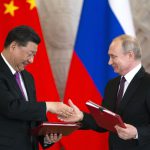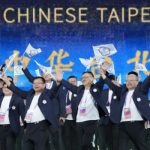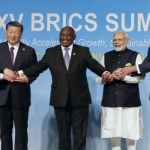18 AUG, 2018 10:00 hrs UTC +5:30 | Islamabad, Pakistan
ISLAMABAD – The former cricketer Imran Khan took oath as Pakistan’s 22nd Prime Minister at a ceremony of the National Assembly on Saturday. Khan will head a coalition government with a wafer-thin majority and face a slew of challenges on the various capacity such as economic, education, corruption, health, poverty and security fronts.
Khan delivered an emotional speech in the assembly, his first as the Prime Minister, calling it “22 years of struggle” to reach a place where he could build a Naya Pakistan (New Pakistan). Khan founded the Pakistan Tehreek-e-Insaf (PTI) party in a bid to gain political power in a country that has seen more military dictatorships in 70 years than civilian democracy.
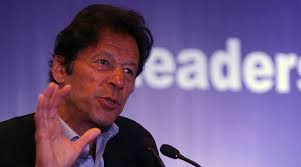 During his electoral campaign, Khan mentioned several times in his speech that he was not “a military backed and his vision to support democratic setup in Pakistan will be a priority”, he promised to start a fresh and to abolish backlogs of traditional politics of Pakistan, which has been dominated by the Pakistan People’s Party (PPP) – once headed by Zulfikar Ali Bhutto and his daughter Benazir – and the Pakistan Muslim League-Nawaz (PML-N) led by deposed Prime Minister Nawaz Sharif. Khan stated that fighting corruption would be his first strategy for his new administration. “I swear with Allah as my witness that I will go after those who looted this nation for 70 years,” he told the Assembly, amid cheers from fellow legislators.
During his electoral campaign, Khan mentioned several times in his speech that he was not “a military backed and his vision to support democratic setup in Pakistan will be a priority”, he promised to start a fresh and to abolish backlogs of traditional politics of Pakistan, which has been dominated by the Pakistan People’s Party (PPP) – once headed by Zulfikar Ali Bhutto and his daughter Benazir – and the Pakistan Muslim League-Nawaz (PML-N) led by deposed Prime Minister Nawaz Sharif. Khan stated that fighting corruption would be his first strategy for his new administration. “I swear with Allah as my witness that I will go after those who looted this nation for 70 years,” he told the Assembly, amid cheers from fellow legislators.
Khan, a tribal Pathan from the country’s northwest provice, assured the masses in several vists in rural areas that the corruption will be targeted in a bid to revive Pakistan’s economy if his party comes in power. He emphasizes that he would bring back the “stolen money” that had been stashed abroad by corrupt politicians and industrialists, detorioting Pakistan’s economy.
At present secnario, Khan Administration will face an ongoing economic crisis, which threatens to destabilize Pakistan unless and untill most-needed funds are raised. Apart from that most of the measures Khan Administration has suggested – such as turning around unprofitable state enterprises – will take a long time to deliver. On the educational front – Shafaqat Mehmood, appointed by Khan as education minister told Reuters that the government “will work overtime to meet these huge expectations.”
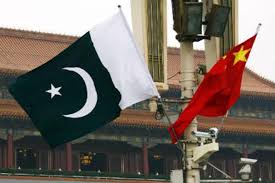 The Asian and European observers agree that China will play a major role after Khan settles into his new responsibilities. With the China Pakistan Economic Corridor (CPEC) and the Belt and Road Initiative (BRI) having key roles in Pakistan, China will most likely provide economic assistance.
The Asian and European observers agree that China will play a major role after Khan settles into his new responsibilities. With the China Pakistan Economic Corridor (CPEC) and the Belt and Road Initiative (BRI) having key roles in Pakistan, China will most likely provide economic assistance.
The country’s stance on terrorism will be under the watchful eye of the international community. US President Donald Trump’s national security strategy released late last year, has repeatedly cited Pakistan as a major challenge to global peace and US interests. Pakistan is also facing the possibility of being blacklisted by the Financial Action Task Force (FATF), an international body that monitors the funding of designated terror organizations.
Khan will also have to balance relations with its nuclear-armed neighbor India, which it has fought four times since independence. Few observers in India are skeptical over Khan’s ability to deliver lasting peace between the nations and believe he has been supported by the Pakistan Army.
Notwithstanding, both India and Pakistan celebrated their Independence Day all together with huge presence of International spectators watched famous Beating Retreat ceremony at Wagah Border rehearsal of Army retreat on 14th & 15th August respectively.

